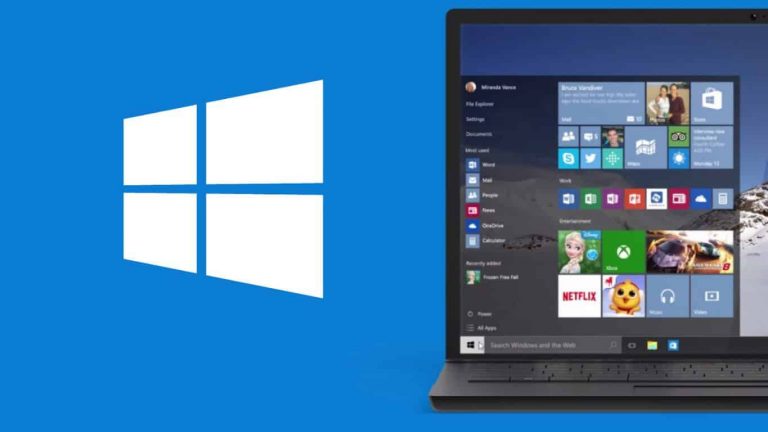A couple of weeks ago, we learned that Microsoft was developing a new Windows 10 SKU called Windows 10 Cloud. As a reminder, this new version of Windows 10 will be quite similar to the now-depracated Windows RT, which means that it will only be able to run apps from the Windows Store. Overall, the new SKU could be used by Microsoft as a more secure version of Windows 10, preventing users from installing legacy (and sometimes insecure) Win32 apps.
Until now though, it wasn’t exactly clear if Windows 10 Cloud would support Win32 apps that have been released on the Windows Store with Microsoft’s Desktop app converter (aka Project Centennial). Those apps didn’t install on the leaked Windows 10 Cloud build 15025, even though we previously reported that Win32 apps could work on this build: indeed, someone managed to bypass Microsoft’s Win32 app block in the leaked build to install a fully functioning version of Google Chrome.
However, Windows Central is reporting today that a more recent Windows 10 Cloud build has just leaked, and this one can run desktop apps in the Windows Store ported through the Centennial bridge:
This news is confirmed thanks to a much newer Windows 10 Cloud leak that appears to be untouched and working as expected. You still can’t run CMD or Regedit, but we’ve confirmed the ability to download Slack, Tweeten and other Win32 apps from the Store, which run perfectly fine.
Support for Centennial apps on Windows 10 Cloud makes perfect sense, as it’s still quite hard to find UWP that are as good are their Win32 counterparts, when they exist. There are not a lot of Centennial apps on the Windows Store right now (the Office desktop apps could be coming soon though), but Windows 10 Cloud will really need more of these to become an attractive option for consumers, schools and business users. We still don’t know what Microsoft’s plans are for Windows 10 Cloud, but we hope to learn more about the new OS at the upcoming Build 2017 conference.


